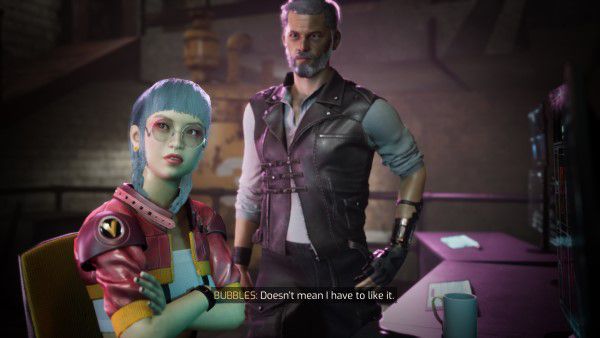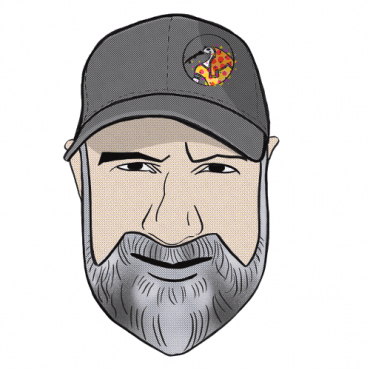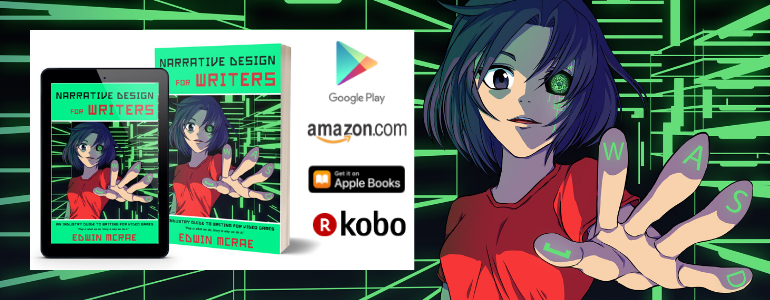Do you want to write for video games? (Updated Dec 2020)
- Edwin McRae
Do you want to write for video games?
Good! And don’t let deliberately demoralizing rants like David Gaider’s article put you off. This industry needs better writers and narrative designers.
And yes, there’s definitely a difference between a game writer and a narrative designer.
A game writer produces all the story that a player will actually see and hear within the game. Dialogues, flavor texts, diaries… basically any kind of in-game text or voice over.
A narrative designer does the higher level stuff like storylines, world building, lore development, character creation… all the background material that forges a story context for the player. And it’s the ND’s (narrative designer’s) job to make sure the story works with and enhances the gameplay. I go in more detail about what an ND does in this article.
NDs (narrative designers) are there to design a story-rich player experience, these days often dealing with procedural systems and designing for emergent narrative.
Game writers are there to bring the ND's design to life through dialogue and in-game text.
Can you do both? Yes, and that’s often the case, especially in the Indie video game sector. Being a freelance narrative designer and game writer, I will sometimes see a game right through from world-building to NPC dialogue. In fact, that’s exactly what I’ve been doing for Project Haven, an Indie cyberpunk turn-based tactical RPG.

I’ve worked with the Foresight Games founders over the last four years, helping them to…
- build their cyberpunk city
- create and flesh out their player characters (PCs) and non-player characters (NPCs)
- storyline a 5-act narrative arc
- come up with missions that the player must complete to progress through the narrative arc
- write the dialogue and in-game text for the missions, and characterful moments between missions
Steps 1 - 4 would usually fall under the ‘narrative designer’ mantle. Step 5 is definitely game writer territory.
But it’s all writing.
And you don’t need to go knocking on doors, trying get a game writing or narrative design ‘job’.
You can go freelance.
You can work remotely.
For writers, the games industry is a much friendlier and more welcoming place now than it was ten years ago. It’s also a much bigger industry than it was ten years ago, meaning there are so many more games in need of stories and writing.
But the vast majority of those game dev companies are Indie or mid-level outfits who can’t really afford to hire a full time, inhouse writer. Sorry, but when it comes to priorities for a game dev company, programming and game design come first.
That’s where you come. Be a freelancer. Work remotely. Create narrative designs and dialogues scripts for twelve different game devs over a year rather than putting all your eggs into just one basket.
Why? Because it’s far more likely that twelve game devs will need a little bit of story than one game dev will need a lot of story. Sure, you won’t end up with your name on a fancy AAA game like Assassin’s Creed or Dragon Age, but does it really matter? Wouldn’t you rather just be getting paid for doing something you really enjoy?
So what do you need to be a freelance game writer? That’s a whole other blog post in itself. I’ll add a link here as soon as I’ve written it. In the meantime, here are the essentials.
- Good creative writing skills
- Reasonably hi-spec gaming PC or laptop
- Excellent internet
- Website to showcase your work
- LinkedIn profile
- Book keeper and accountant
- Limited Liability company
- A game writer’s mindset
That last one, a game writer’s mindset, is both the most important feature and the hardest one to gain. Not to worry. I’ll be talking about how to develop a game writer’s mindset (and other important factors) in future posts.
Until we meet again, why not work on sorting out the other seven, especially the creative writing skills.
And if you're keen to know more about the general principles of narrative design, I have this handy little book on the subject.
Thanks for reading. :-)
Edwin
P.S.
If you are transitioning from another writing medium, like novels or film, then this little book of mine might help you navigate the often painful transition.

About Edwin McRae
Edwin is a narrative consultant and mentor for the games industry.

